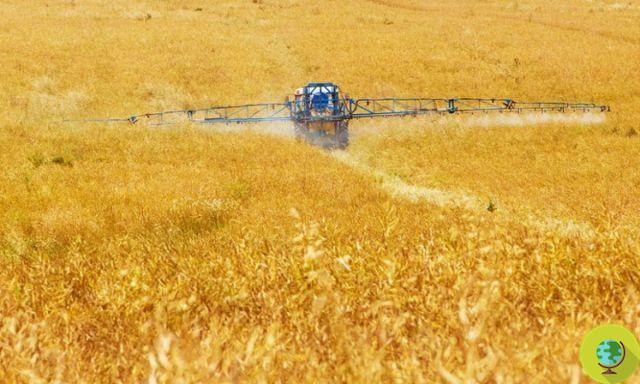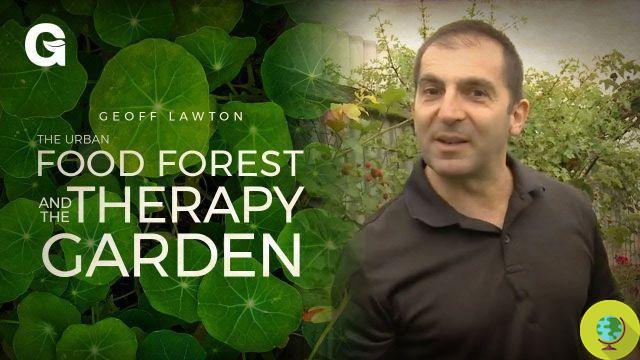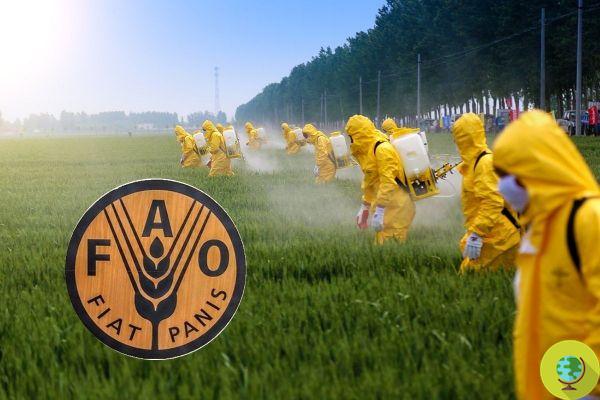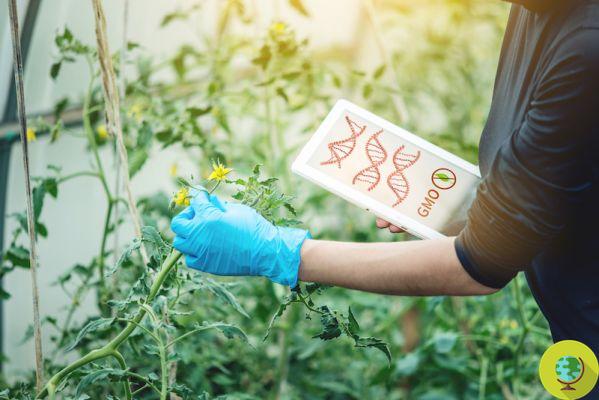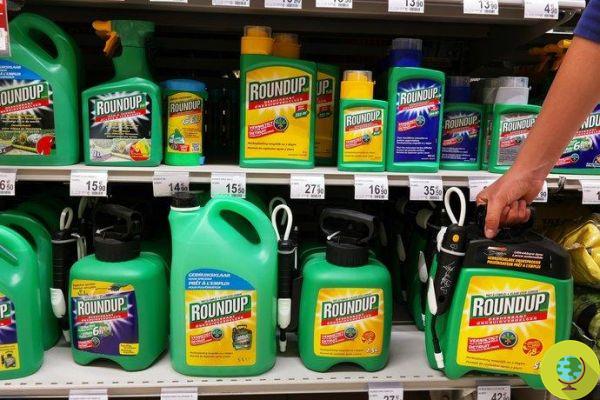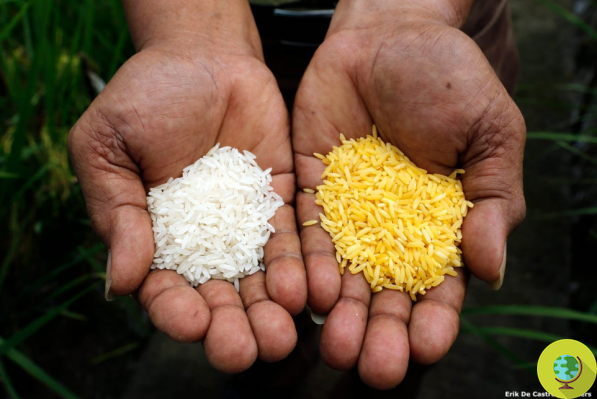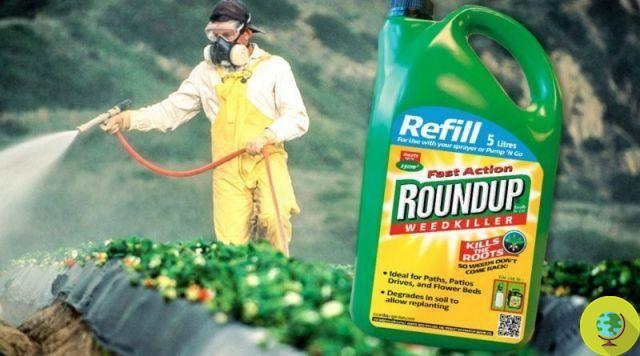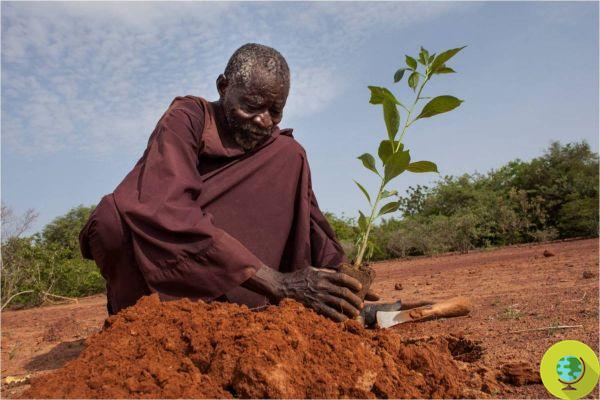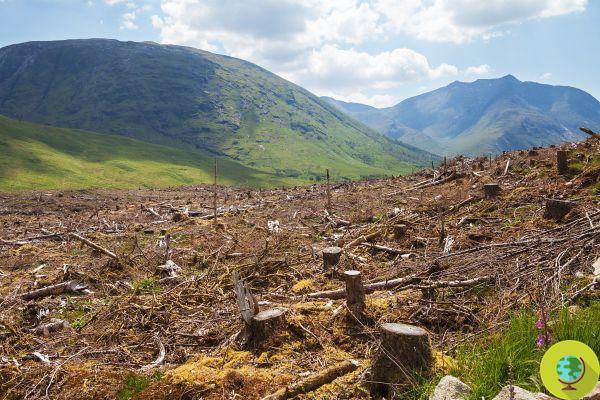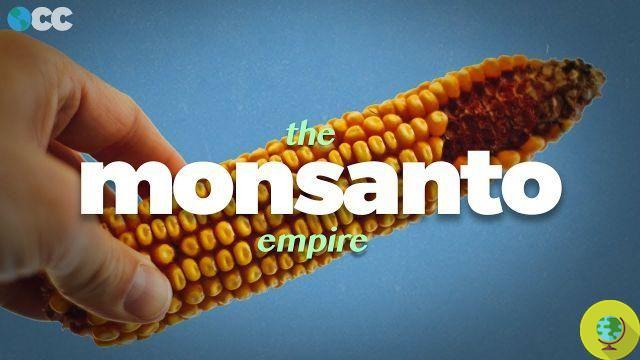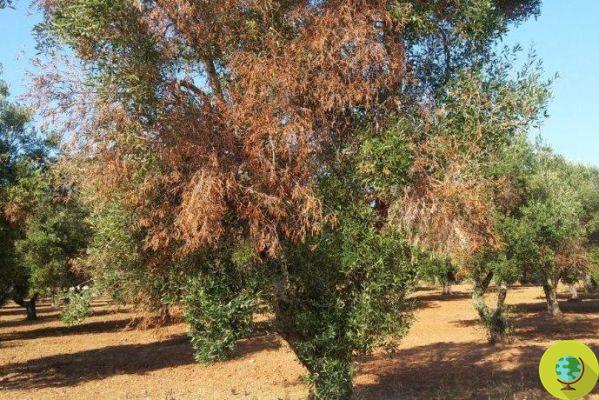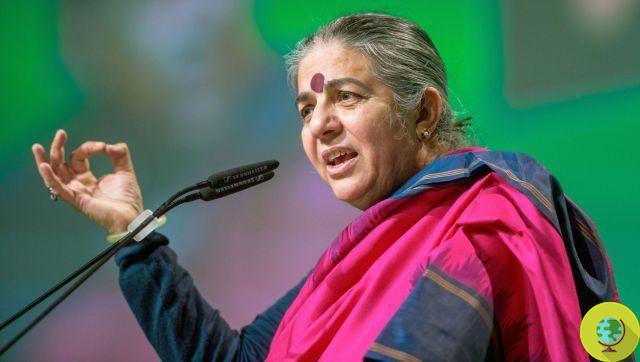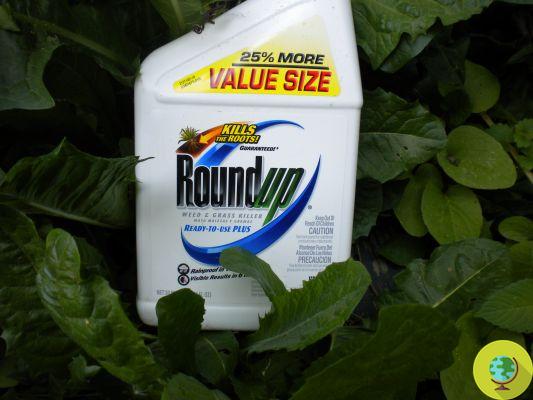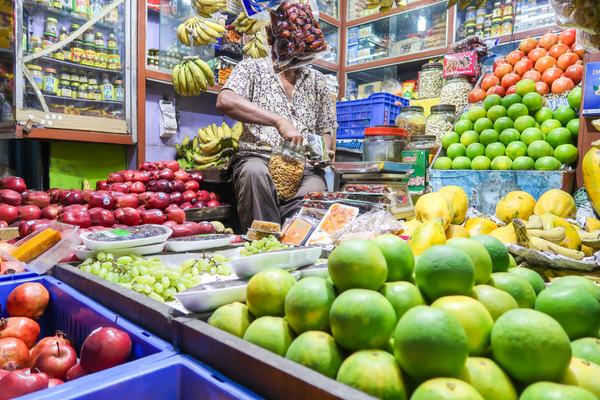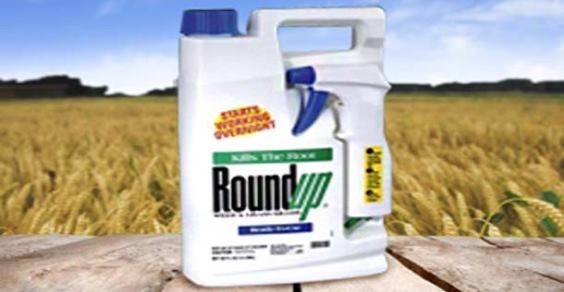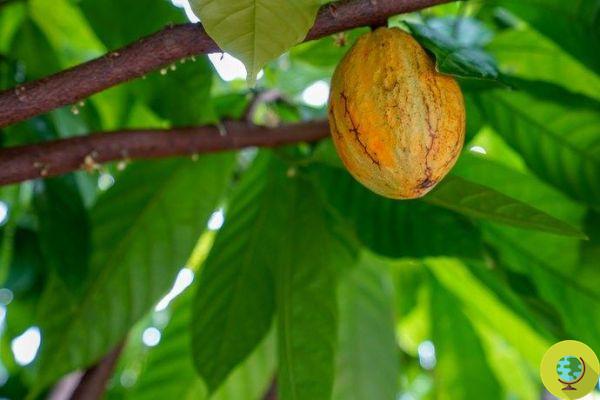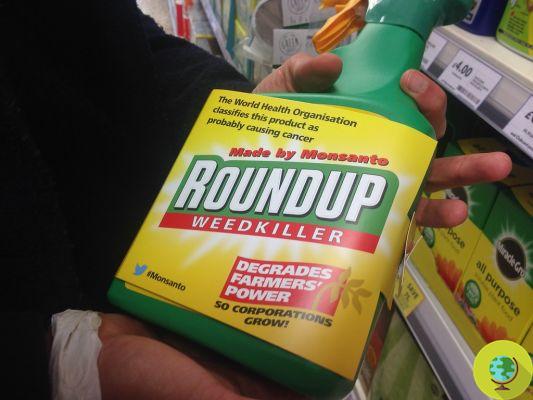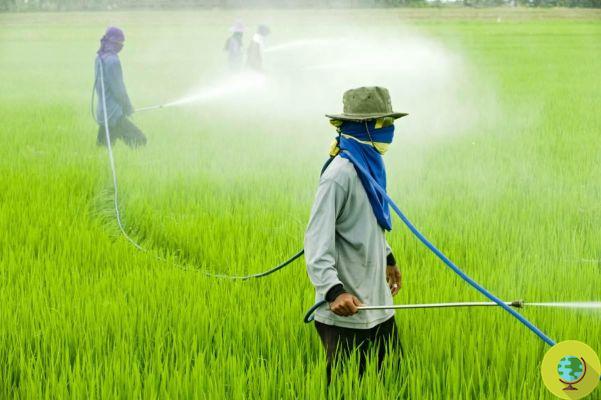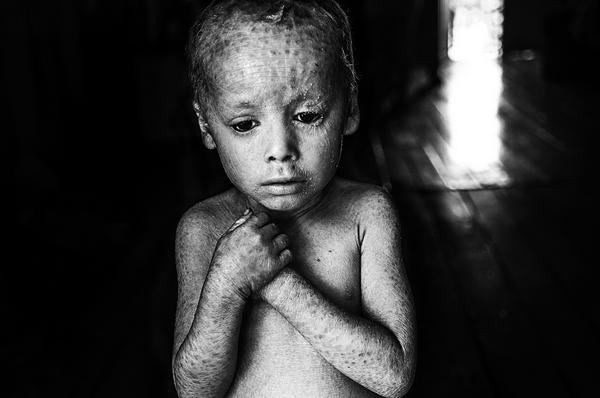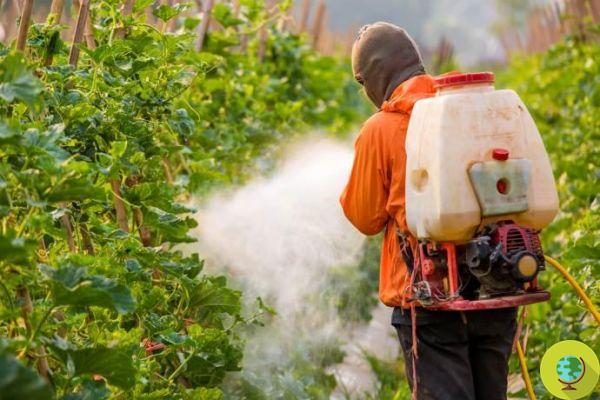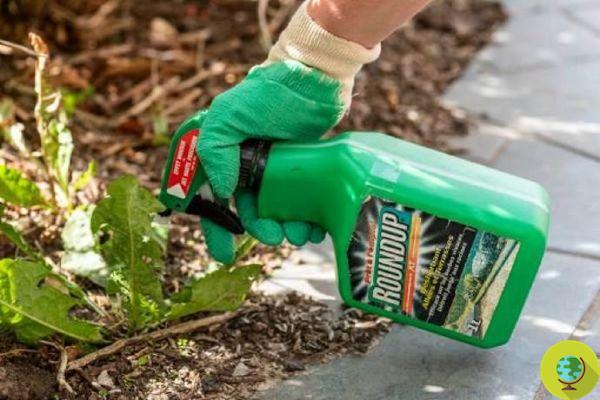
According to a rich panel of experts, EFSA's positive assessment over the years has been based only on overly “accommodating” scientific data.
He is about to end up run over, his mother saves himOn what basis would the EU authorities have claimed that glyphosate "is not genotoxic"? According to a rich panel of experts, the positive evaluation of EFSA over the years has been based only on scientific data that is too "accommodating"
A new scientific analysis concludes that the European Food Safety Authority's (EFSA) claim that glyphosate is not genotoxic cannot be justified based on the manufacturers' studies. In fact, of the 53 industry-funded studies used for the current EU authorization of glyphosate, 34 were identified as "not reliable“, 17 as“ partially reliable ”and only 2 studies as“ reliable ”from a methodological point of view.
This is what emerges from the study "Evaluation of the scientific quality of studies concerning genotoxic properties of glyphosate", funded by the NGO SumOfUs and conducted by Armen Nersesyan and Siegfried Knasmueller, two genotoxicity experts from the Institute of Cancer Research of the Medizinische Univerität of Vienna, which they say how
A necessary excursus that seems to reveal and confirm only one thing: the evaluation of glyphosate in the European Union was based on an imperfect science. And now, several civil society organizations from the European Citizens' Initiative (ECI) 'Stop Glyphosate' are asking EFSA to take these new findings into account in the new glyphosate authorization procedure, which expires on 15 December 2022.
Needless to say, the pesticide industry lobbies are pushing to renew that authorization. The evaluation of the EU glyphosate renewal application was carried out by the AGG, made up of the authorities for the evaluation of the active substances of France, Hungary, the Netherlands and Sweden (the last evaluation procedure was managed by Germany alone): read also: Glyphosate: it was supposed to be the first European state to ban it, now France leads the battle to have it reintroduced in Europe
The assessment was sent to EFSA on 15 June and was based on a dossier submitted last summer by the applicants, the Glyphosate Renewal Group (GRG).
Genotoxicity studies indicate the risk of cancer and reproductive harm posed by a chemical. The public authorities involved in the previous European authorization procedure, namely the German Health Authority BfR and EFSA, have mistakenly accepted these sector studies as key evidence of the absence of glyphosate genotoxicity. EFSA has used this erroneous science as a basis to contradict the 2015 conclusion of the International Agency for Research on (IARC) that glyphosate “likely causes cancer, according to the Corporate Europe Observatory (ECA).
Now, the first screening of the new dossier of the industrial lobby asking to give the green light to the 2020 industry glyphosate shows that as many as 38 of the 53 genotoxicity studies (both on pure glyphosate and on glyphosate-based products) used in the evaluation were once again presented to the EU authorities "by Bayer Agriculture BV, on behalf of the Glyphosate Renewal Group".
This new scientific analysis shows once again that the European Union's claim of having the most stringent pesticide authorization procedure in the world must be taken with a grain of salt. The licensing procedure in place is evidently not rigorous enough to detect errors in the execution of the regulatory studies that are blindly considered the gold standard, but these were at the heart of the EU approval of the glyphosate market in 2017 and have now been re-submitted. in an effort to water down the scientific evidence that glyphosate can cause cancer and is a danger to human health, explains Angeliki Lyssimachou, a scientist with the Health and Environment Alliance (HEAL).
The stages in the history of glyphosate
- Currently, the approval period for the use of glyphosate in the EU is extended to December 15 2022: until that date the pesticide can be used as an active substance in plant protection products (but the condition that each product is authorized by national authorities following a safety assessment would remain)
- The five-year approval was granted by the European Commission in 2017, after separate assessments by the European Food Safety Authority (EFSA) and the European Chemicals Agency (ECHA)
- In 2019, the applicant, a group of companies of the so-called Glyphosate Renewal Group (GRG), submitted a formal application for renewal of the approval of the use of glyphosate after the expiry of the current period, at the end of 2022. This application initiated the renewal process required by EU legislation
- The European Commission has entrusted four Member States, France, the Netherlands, Sweden and Hungary (the Glyphosate Assessment Group, AGG), with the task of acting jointly as 'rapporteurs' and carrying out the initial assessment
- THE8 June of the 2020 the applicant submitted to the AGG a dossier containing the requested scientific studies and literature data.
- The AGG has completed its assessment and the June 15, 2021 and submitted it to EFSA in the form of a renewal assessment report to initiate the peer review process and at the same time submitted to ECHA a proposal for harmonized classification and labeling (CLH dossier), which will serve as the basis for the classification of the 'ECHA
- In parallel with the evaluation carried out by EFSA, ECHA is carrying out a review of the classification of glyphosate under the EU regulation on classification, labeling and packaging (CLP). The classification of chemicals is based solely on their hazardous properties and does not take into account the likelihood of exposure to them, which is considered part of the risk assessment process carried out by EFSA
- ECHA's assessment will be presented before EFSA's conclusions, which are expected for third or fourth quarter of 2022.
A strict authorization procedure is a necessary, but not sufficient, condition to protect the health of people and the environment. In 2017, the authorities of the European Union violated their own rules to ensure a result that pleases the chemical industry. Not much is achieved if the rules and recommendations are on paper, but they are not applied, concludes Peter Clausing, toxicologist at Pesticide Action Network Germany (PAN Germany).
This new broad scientific review, in short, once again puts the finger in the sore: it is possible that both national regulators and EU authorities do not pay due attention to the quality of studies in the sector. Of course yes, if you consider that, instead of protecting people's health and the environment, it is not aimed at serving the interests of the pesticide industry.
Fonti: Institute of Cancer Research, Department of Medicine I, Medical University of Vienna / EFSA
Read also:
- The glyphosate in pasta is a bigger problem than you think. What to choose at the supermarket
- Spaghetti, unveiled the new brands with traces of glyphosate. The LIST of the worst and the best




